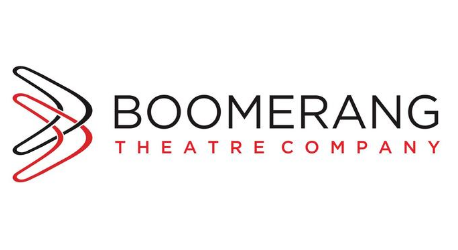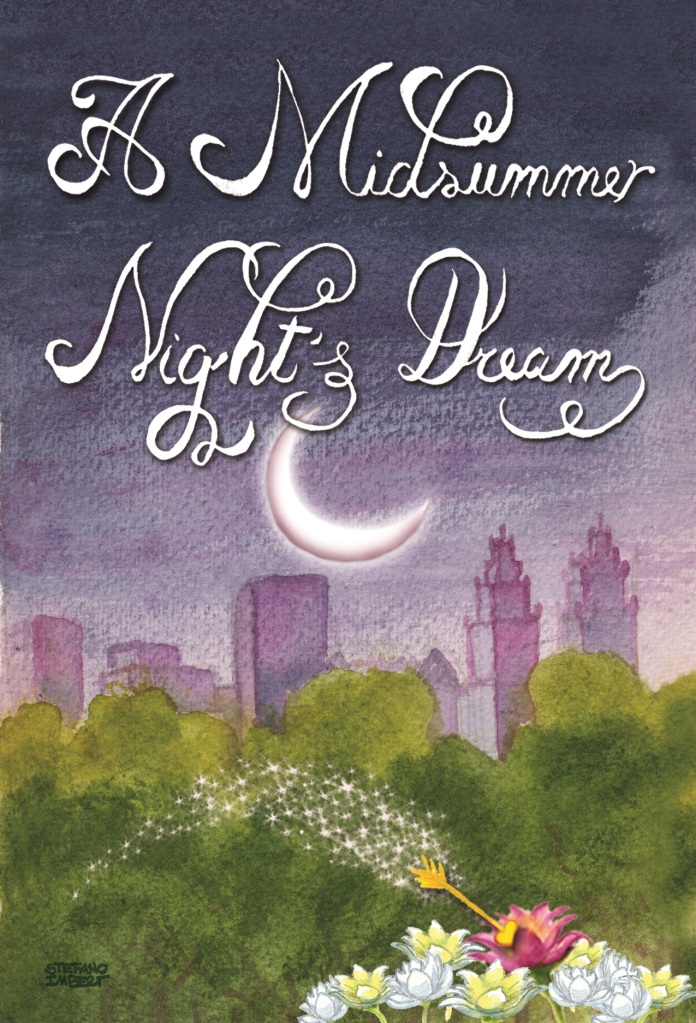I wanted to share some pretty exciting news…Boomerang has offered a new play commission (thru a generous grant from the New York State Council on the Arts) to playwright Kari Bentley-Quinn. Kari is a talented playwright who work has been seen in various Indie Theatre venues, as well as theaters across the country. One of her most acclaimed plays, Hyannis, was recently produced at Loyola Marymount University in sunny Los Angeles.
Why should you be excited about this commission? Well, it reaffirms Boomerang’s commitment to new plays and supporting the voices of female writers (Kari joins Gina Femia, Lia Romeo, Kristen Palmer, Amy Crossman, Ying Ying Li, Lauren Ferebee and Shelley McPherson in the cohort of writers Boomerang has supported recently).
Kari will be developing this new play throughout 2024. The new work will be featured in the First Flight New Play Festival in December 2024.

Kari Bentley-Quinn is an internationally produced playwright based in New York City. Her plays have been presented at or developed with Lark Play Development Center, Lesser America, Halcyon Theatre, Animus Theatre Company, Theatre of NOTE, Premiere Stages at Kean University, Astoria Performing Arts Center, The Brick Theater, The Secret Theatre, Artemisia Theater, Project Y Theatre, Post Productions (Canada) Caps Lock Theater, Packawallop Productions, FringeNYC, Team Awesome Robot, and more.
Kari’s full length plays include Paper Cranes (Backstage Critic’s Pick), The Unlikely Ascent of Sybil Stevens (The Secret Theatre New Voices Project), The Ocean Thought Nothing (O’Neill NPC Finalist), Prepared (Kilroys List Honorable Mention), The Worst Mother in the World (Bay Area Playwrights Festival Finalist), Wendy and the Neckbeards (The Relentless Award Honorable Mention), and Hyannis (Ashland New Plays Festival Winner).
Kari has an MFA in Playwriting from Hunter College under the late Tina Howe, and where she was the recipient of the Rita and Burton Goldberg Playwriting Award.
While there are more details to come about Kari’s play in the following months, we invite you to come along with us on this theatrical journey:
- Follow us on social media: Facebook and Instagram for exclusive updates, sneak peeks, and behind-the-scenes glimpses.
- Donate to support new work: Your generosity fuels our commitment to bringing innovative and impactful productions to life. Donate here
We can’t wait to share this electrifying new project with you!






















